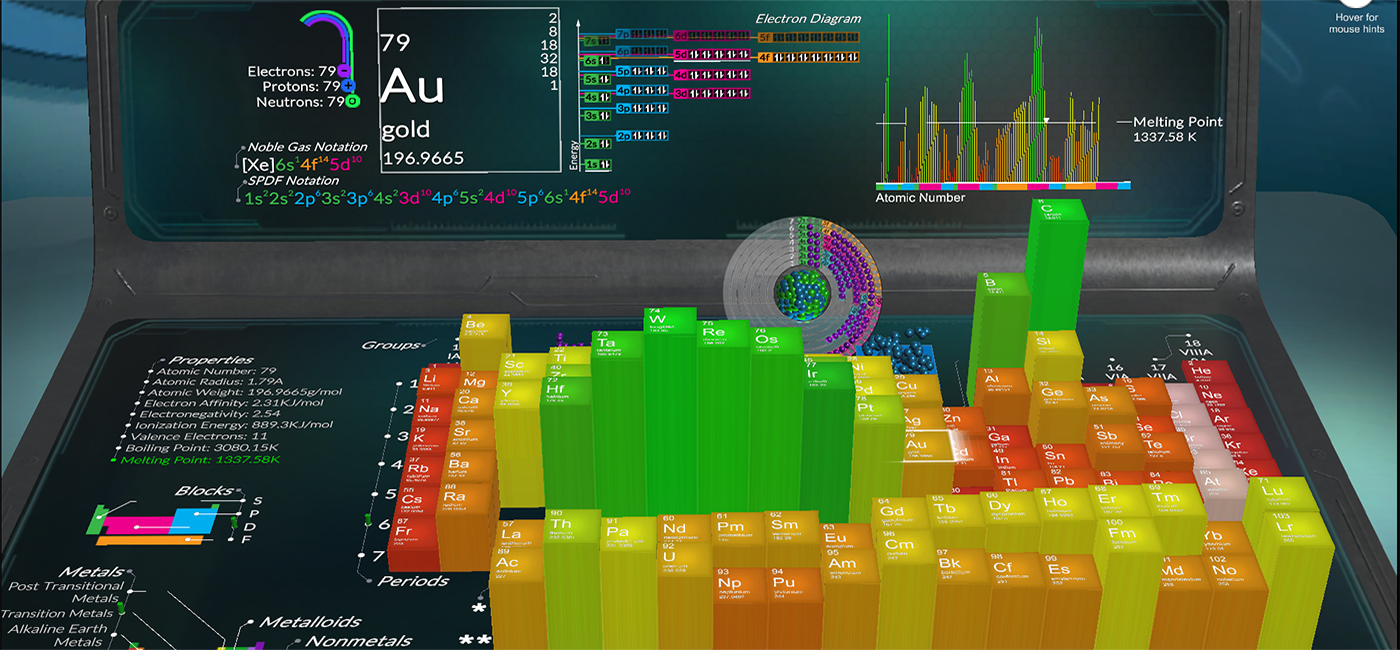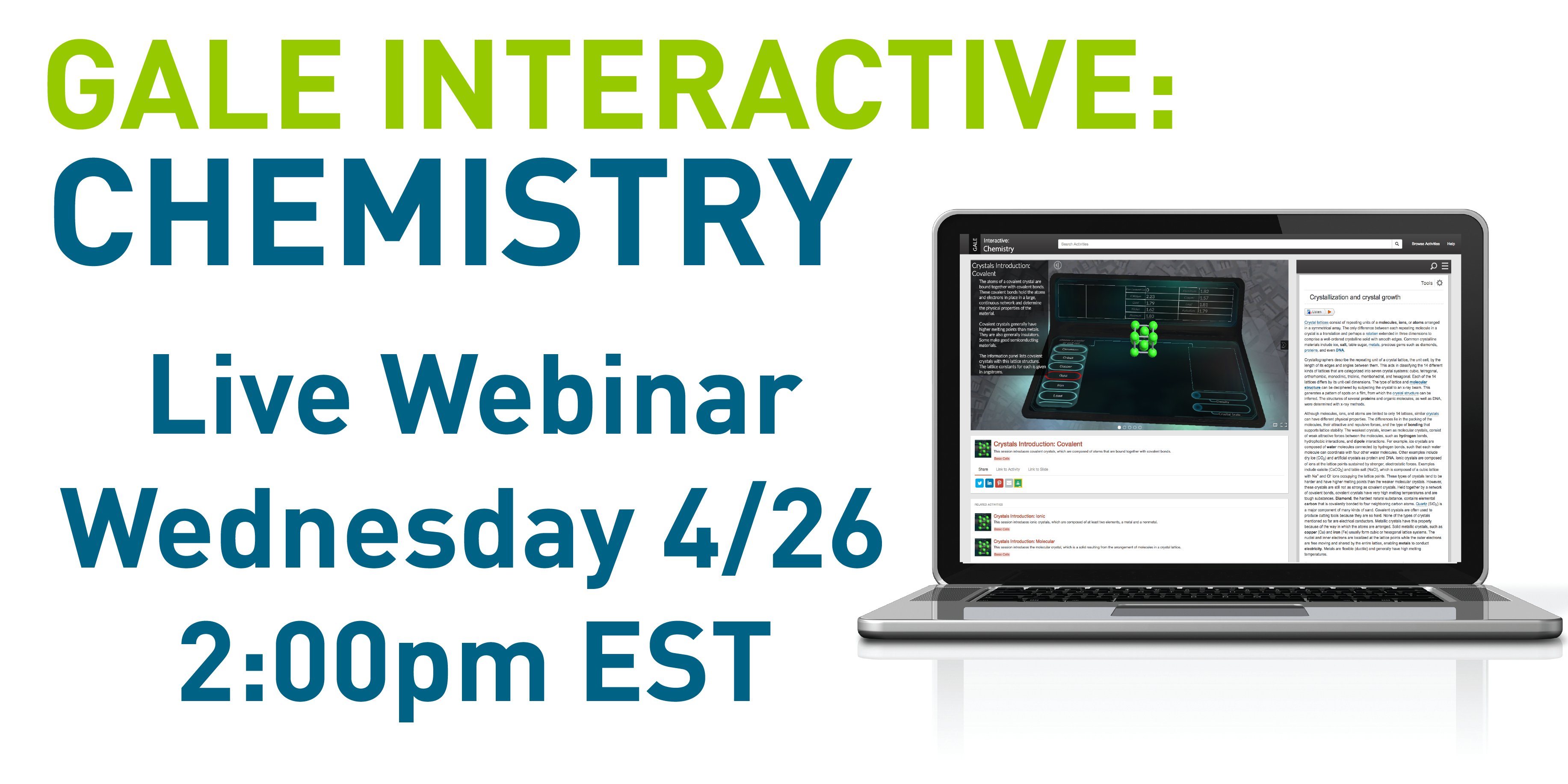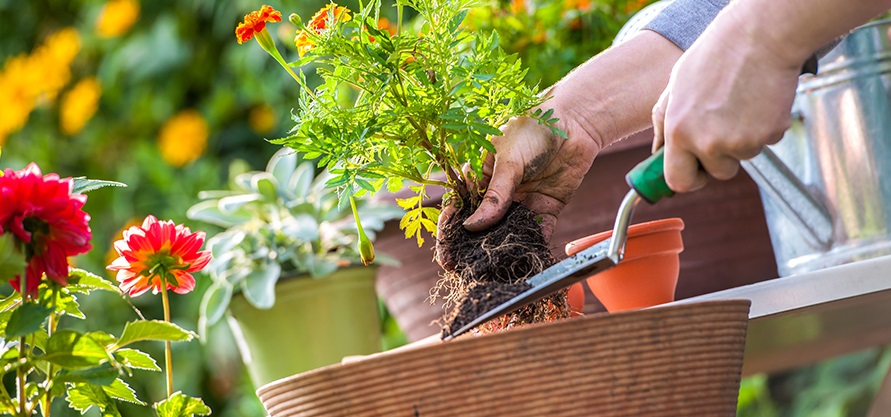By Deb Kirby
Seeking relief from the overload of rancorous political discussion last week, I decided to focus on something different. When I discovered that February 7 is National Periodic Table Day, I had my plan: Finally learn some basics about the periodic table, which I had somehow managed to avoid in school. (Reading a book a day in my middle and high school years may have enhanced my reading skills, but since my genre of choice was the historical romance, did not do much for my understanding of things like Chemistry.)
I turned to Gale’s Science In Context to learn more about the periodic table and the recently released Gale Interactive: Science for a hands-on learning experience.









